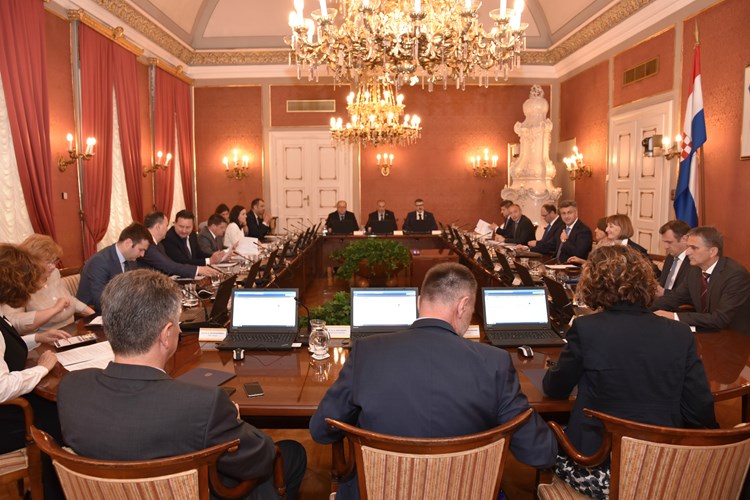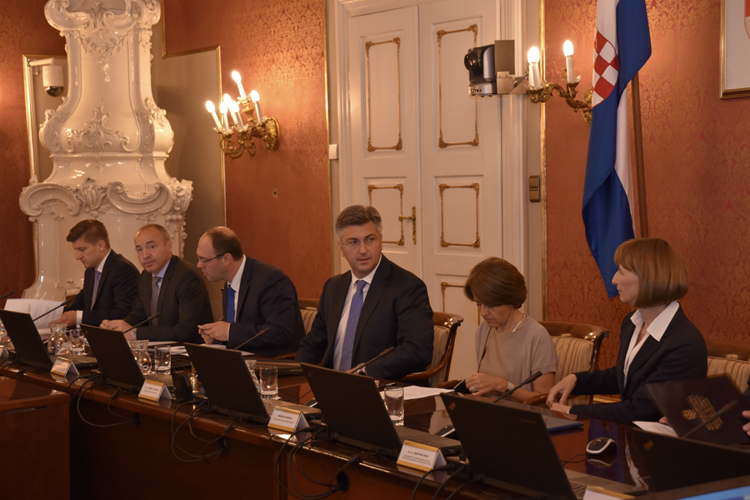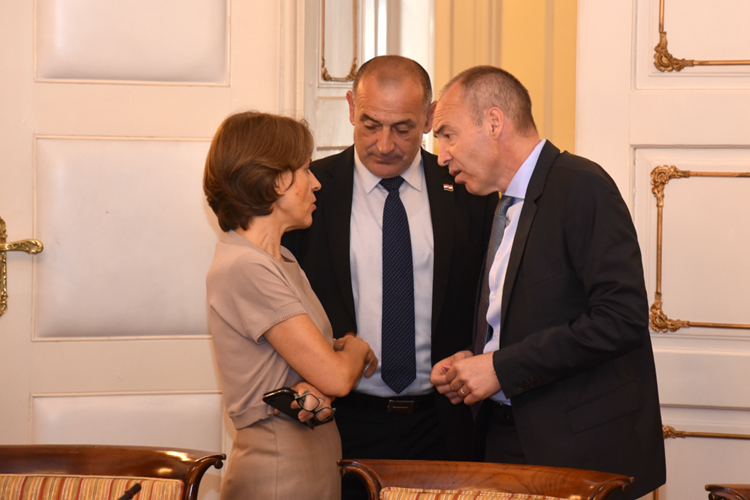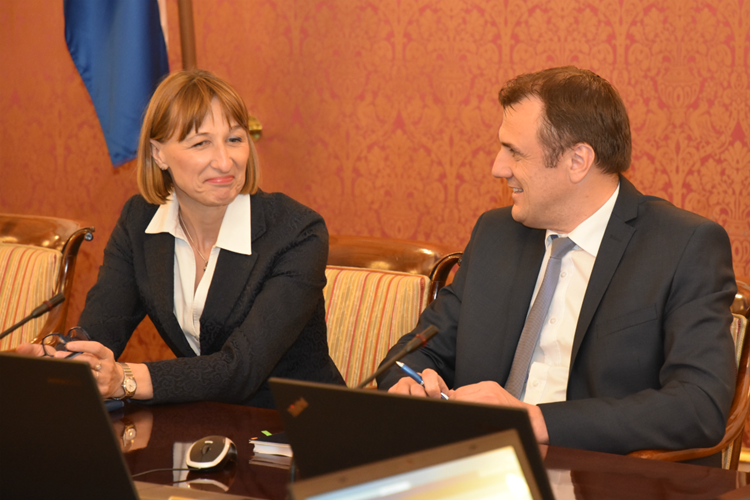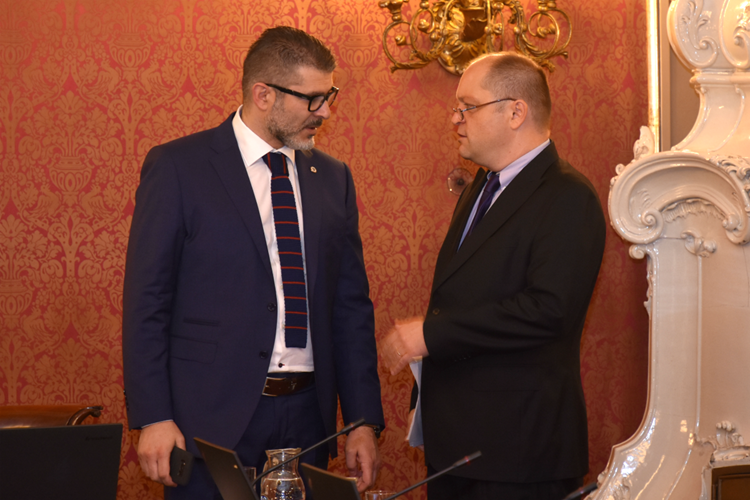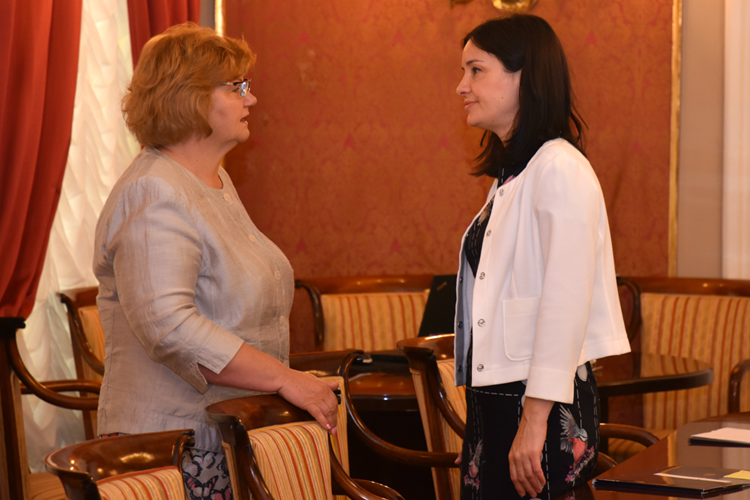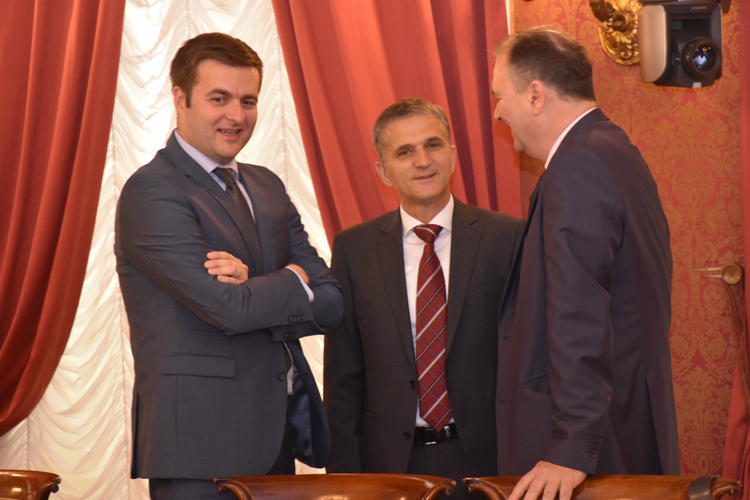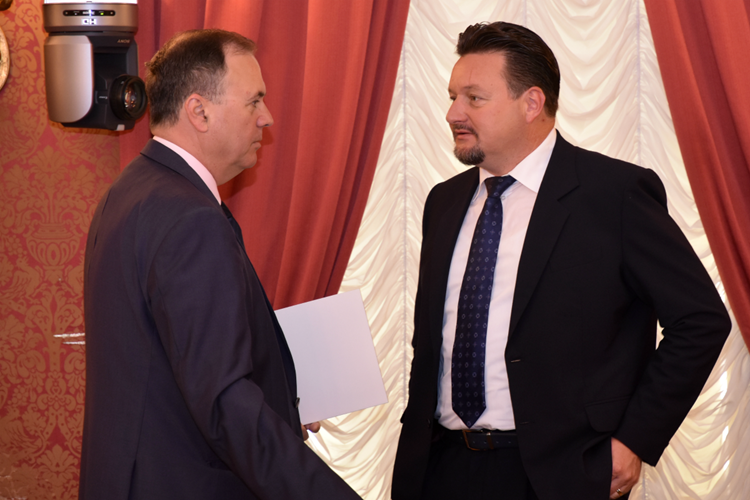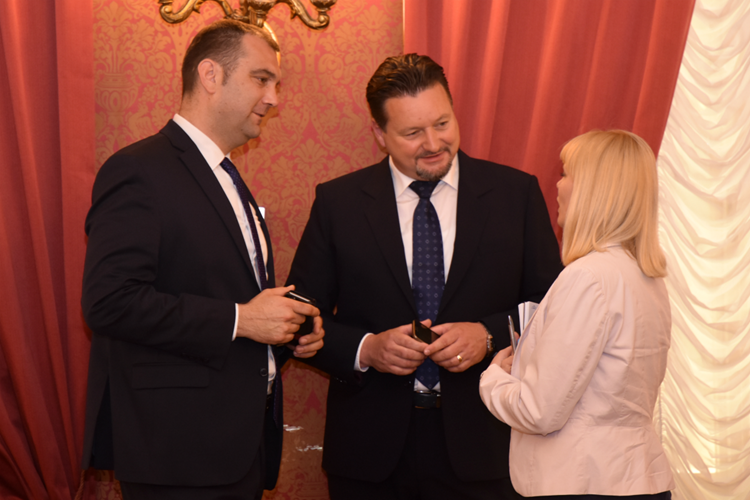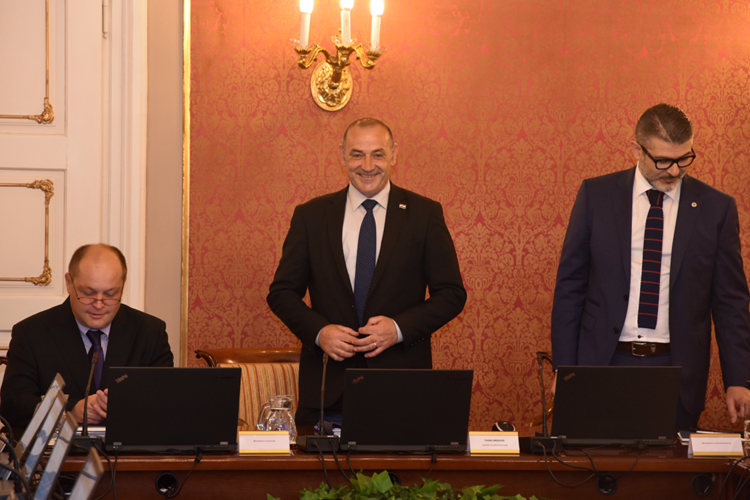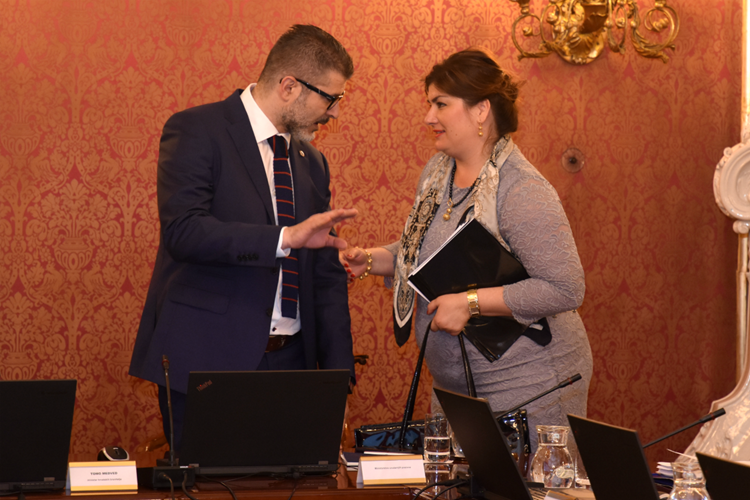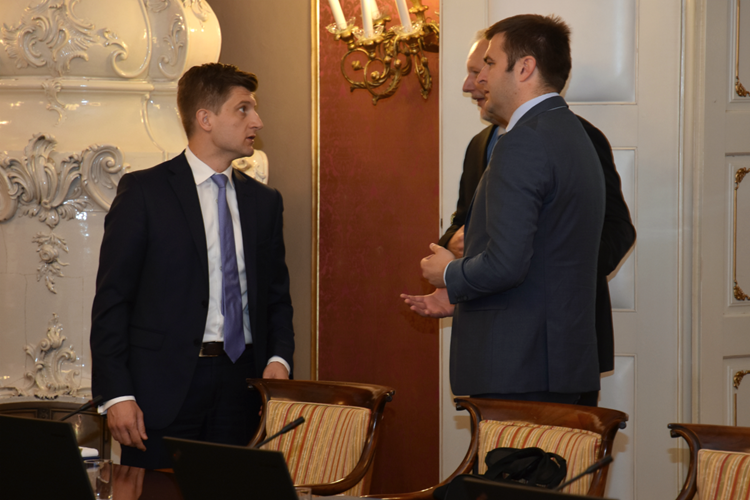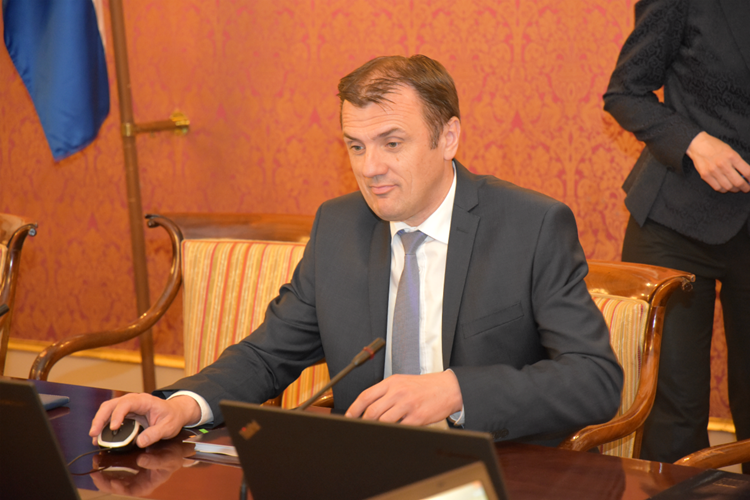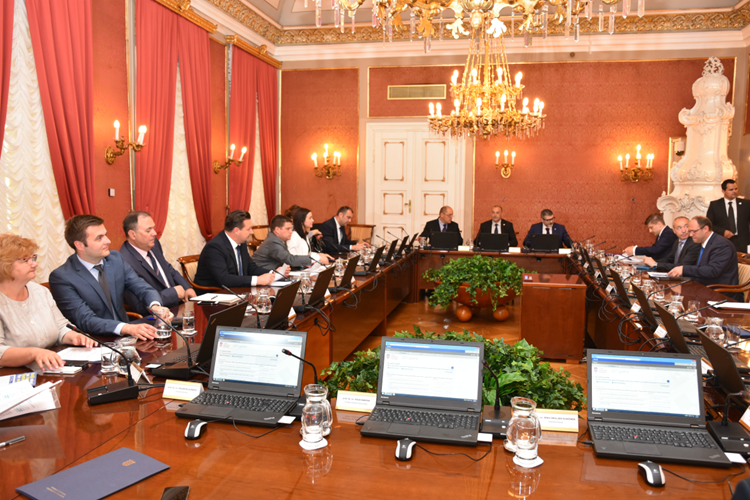- Published: 01.06.2017.
Gov't gives positive opinion on implementation of right to access information law
The government on Thursday gave a positive opinion on the report on the implementation of the law on the right to access to information for last year which includes the general assessment by Information Commissioner Anamarija Musa that the situation is gradually improving when it comes to the transparency and openness of authority institutions, however the overall level of transparency and openness is not yet satisfactory.
The situation has improved in the field of publishing information on the Internet, advising the public, and the quality of resolving the submitted requests, the report said. Significant deviations have been noticed in local and regional self-government units, some public legal entities and companies in which the government owns a majority share.
The report said that the inclusion of the public in the decision making-process, notably on the local level was insufficient. The commissioner therefore suggests redirection of efforts invested in stepping up the capacities of public authorities at all levels.
The government sent to parliament a final bill on security workers claims (EU) which, among other things, regulates the rights of workers in case the employers goes bankrupt.
The Croatian government on Thursday endorsed a strategy drawn up by the European Bank for Reconstruction and Development (EBRD) for Croatia whereby the bank intends to invest 200-300 million euro annually mostly in the private sector in the country by the end of 2020.
Outlining the document, Finance Minister Zdravko Maric pointed out its three elements: the support to efforts to make the private sector more competitive, the deepening of the financial market in order to facilitate the financing of small businesses, and assistance to public companies to do business more successfully.
The strategy is to be approved by the EBRD Board of Directors on 7 June, as a precondition for the implementation of the document.
Since 1993, when it started operating in Croatia, the EBRD has invested more than EUR 3.6 billion into the private sector plus 30 million euro as non-repayable means in the form of technical assistance, Maric said at the government meeting.
The Plenkovic cabinet adopted the amendments to the decision on launching the procedure for concluding a Croatia-Hungary agreement on use and maintenance of transport infrastructure along the joint border. The agreement is to be signed during the 10th meeting of the bilateral committee for cooperation, that is likely to convene soon in Rijeka.
Text: Hina
